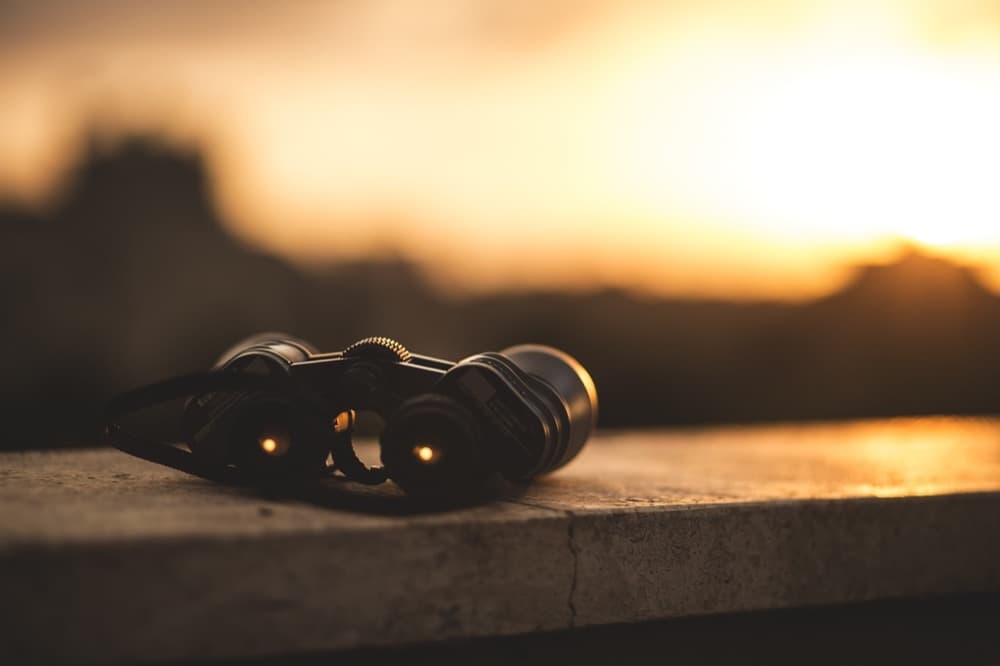Denver police spent $30,000 earlier this year for subscriptions to Geofeedia, a company that offers "real-time, location-based social media intelligence capabilities" to law enforcement and others.
The Daily Dot, which covers technology and internet trends, first reported on the purchase this week. The $30,000 payment to Geofeedia appears in Checkbook, which allows the public to follow city purchasing, and Daily Dot shared the documents they obtained under the Colorado Open Records Act at their site.
The Daily Dot said the department used money from seized assets to pay for the subscriptions and Police Chief Robert White personally signed off on the purchase.
Denver police officials wouldn't talk to the Daily Dot about what they're doing with Geofeedia. Here's how the company describes its tools:
"Aggregating social media posts from any user-defined location in the world allows you to stay ahead of topics, trends and situations with proactive insights and alerts from real-time location-based intelligence. You can discover trends and patterns within the world’s largest set of location-based social data to inform better decision-making. And you can respond effectively and efficiently based on real-time location-based insights."
That location can be an entire city, a neighborhood or a single building, according to the company's pitches to potential clients. It can also be set up to monitor certain users or keywords.
Basically, it vacuums up social media posts across a variety of platforms and allows them to be analyzed in real time and stored for later use.
The Baltimore Sun reported that police there have used the technology to monitor protests and parades. They also store the information in a secure data warehouse.
"The only people that have anything to fear about anything being monitored are those that are criminals and attempting to commit criminal acts," Baltimore police spokesman T.J. Smith told the Sun. "We're not looking for what you did last night and your selfies and your Snapchats. We don't have time for that."
The American Civil Liberties Union and electronic privacy groups aren't so sanguine about it.
Jay Stanley, a senior policy analyst at the American Civil Liberty Union's Speech, Privacy and Technology Project, told the Daily Dot this technology could have a "chilling effect."
"In the U.S. we've never had a secret police that circulates around civil society just looking for anybody saying anything suspicious. We shouldn't have an online equivalent either," he said.












